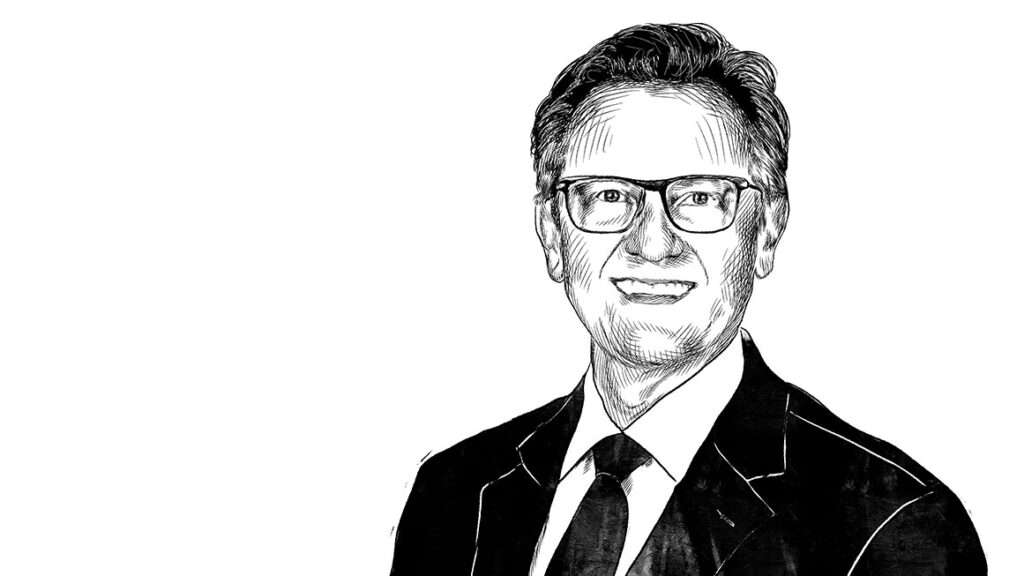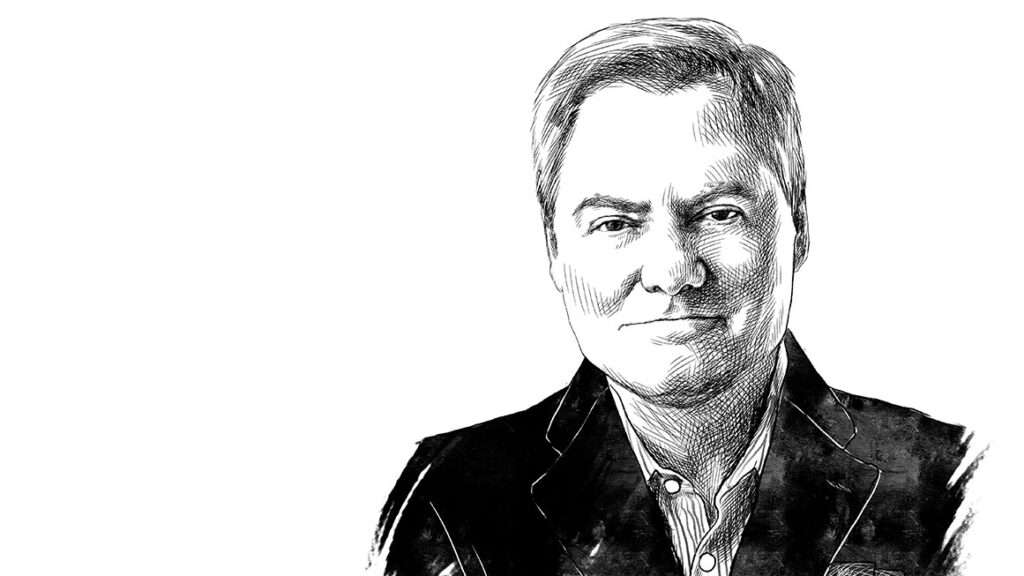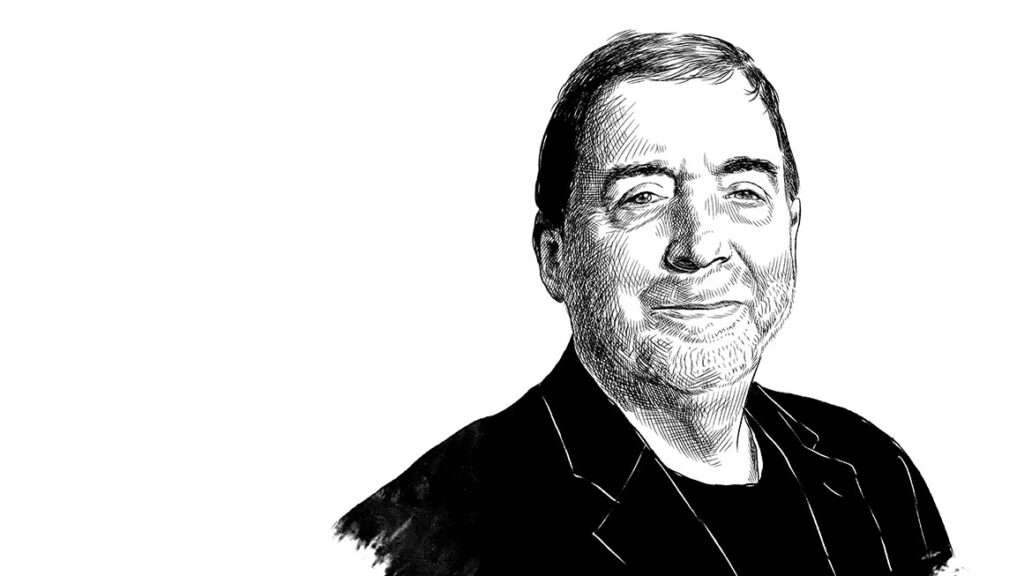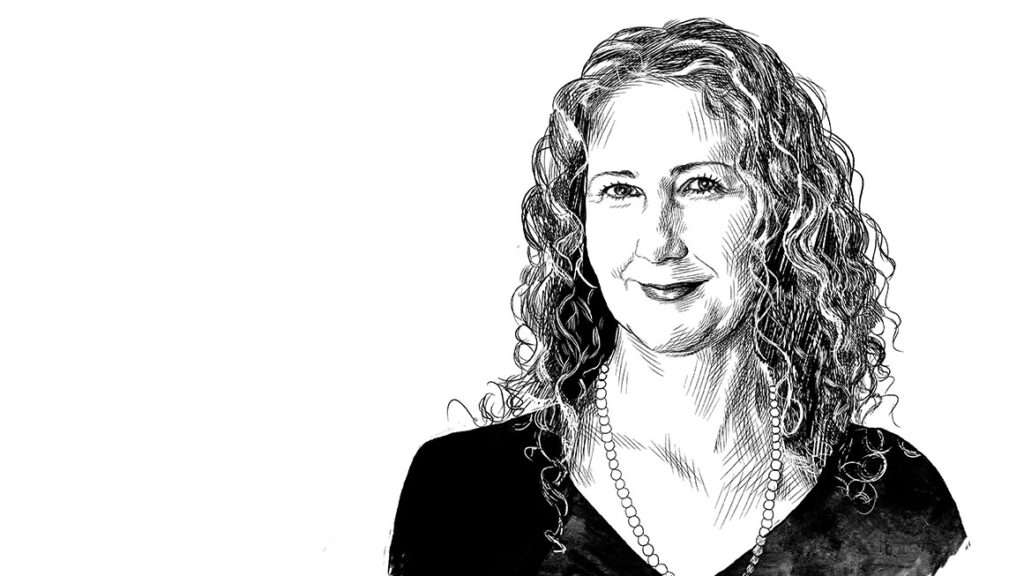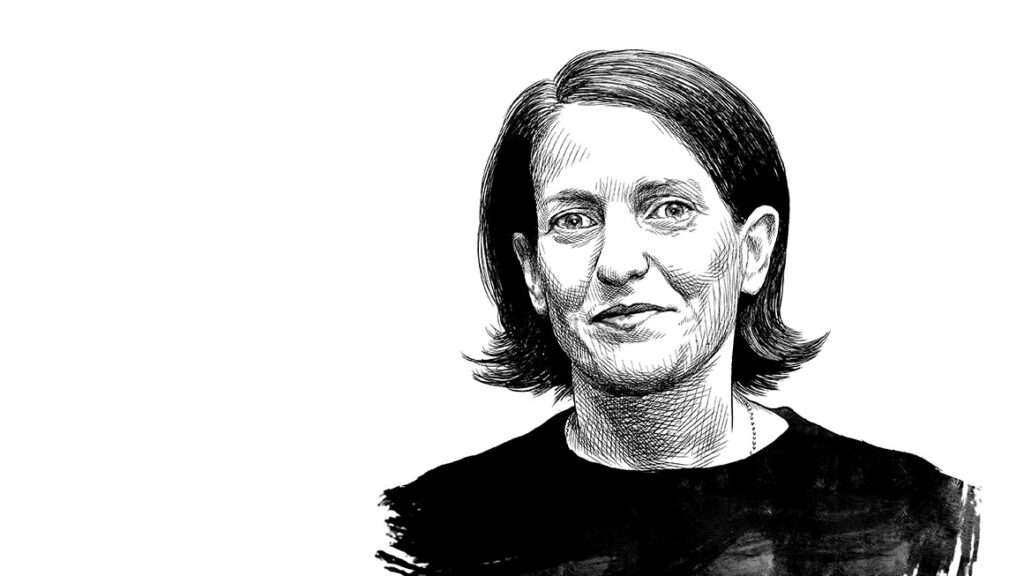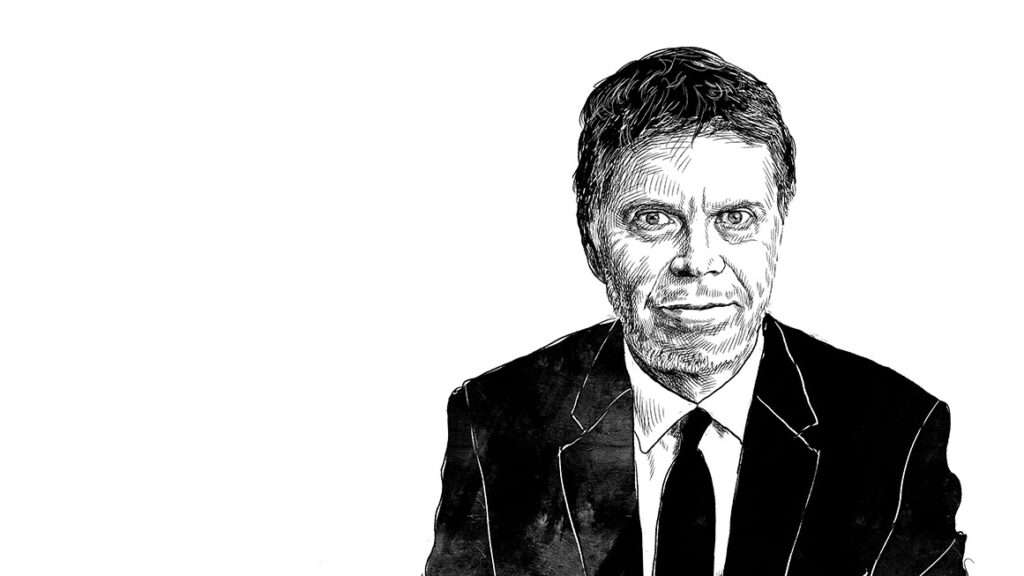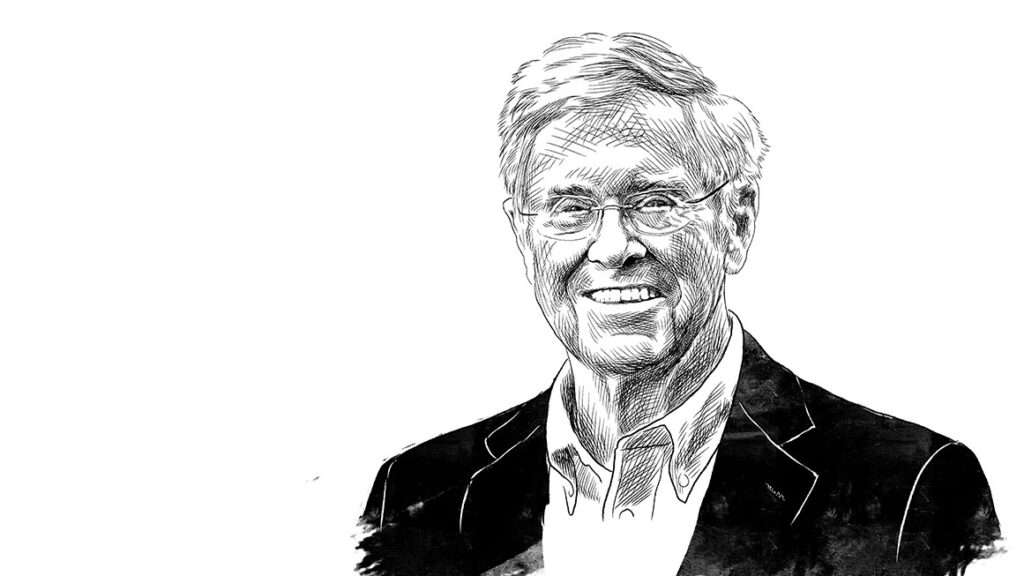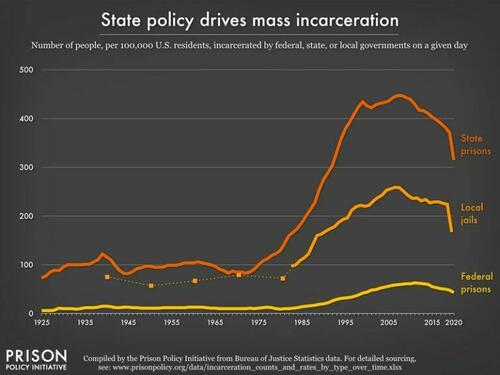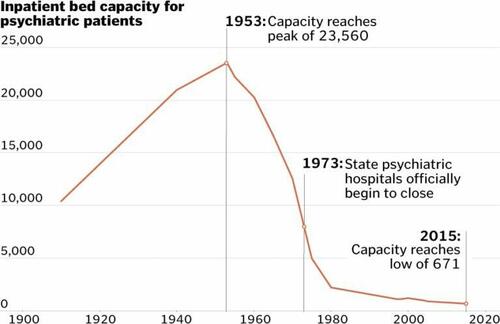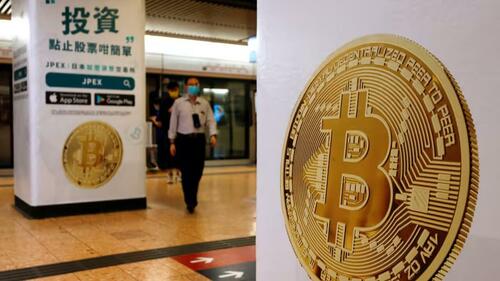
In honor of Adam Smith’s 300th birthday, Reason asked some of our favorite people to share their favorite quotes from the Scottish Enlightenment thinker. It’s a tribute to Smith’s depth and breadth that the resulting collection covers everything from humility to the division of labor to love to where to get a good wine. — Katherine Mangu-Ward
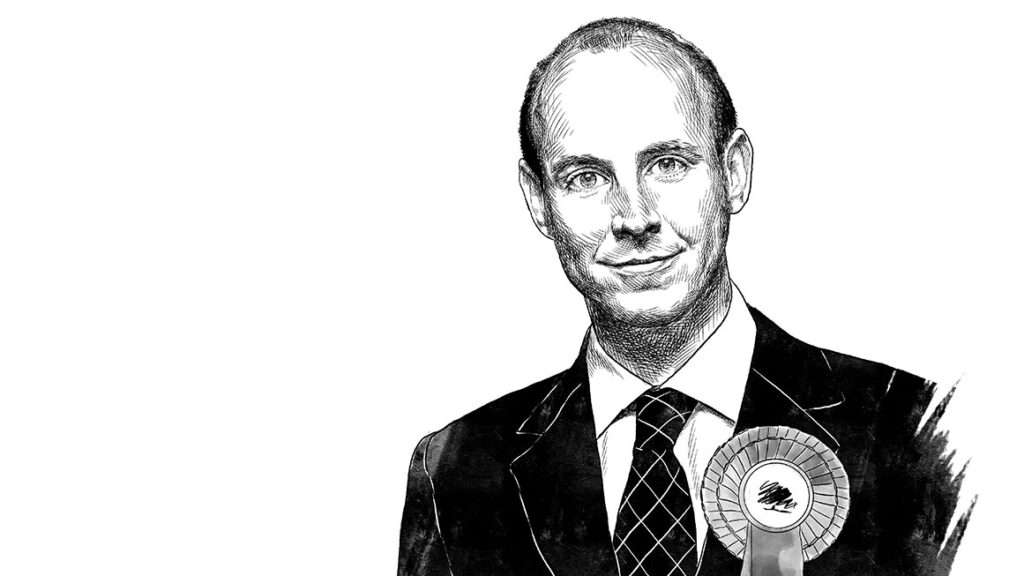
Dan Hannan
“By means of glasses, hotbeds, and hotwalls, very good grapes can be raised in Scotland, and very good wine too can be made of them at about thirty times the expense for which at least equally good can be brought from foreign countries. Would it be a reasonable law to prohibit the importation of all foreign wines, merely to encourage the making of claret and burgundy in Scotland?”
—The Wealth of Nations
Here is the awkward Scottish bachelor at his best. Anyone can follow his reasoning. His logic is indisputable. Yet at the same time he is overturning an assumption which would otherwise strike many people as simple common sense.
Almost every government, as much in our day as in that of the sage of Kirkcaldy, tries to promote domestic production or, to use the current phrase, to “reshore.” Smith, as he so often does, demonstrates the absurdity of that approach by extending it to its necessary conclusion.
Most people feel that their own countries should be self-sufficient in food or steel or some other imagined necessity. That feeling is natural, intuitive—and utterly wrong. The least self-sufficient country in the world is Singapore, which relies on imports for its food, energy, and drinking water. At the other end of the scale is North Korea, which has elevated the doctrine of self-sufficiency (“juche”) to be its ruling principle. Where would you rather live?
Less juche! More Smith!
DAN HANNAN is a member of the United Kingdom’s House of Lords, an adviser to the U.K. Board of Trade, and a former member of the European Parliament.
James R. Otteson
“The man who has performed no single action of importance, but whose whole conversation and deportment express the justest, the noblest, and the most generous sentiments, can be entitled to demand no very high reward, even though his inutility should be owing to nothing but the want of an opportunity to serve. We can still refuse it him without blame. We can still ask him, What have you done?”
—The Theory of Moral Sentiments
In his Theory of Moral Sentiments, Smith discusses the virtue of beneficence and distinguishes it from benevolence. Benevolence means, as its etymology suggests, wishing others well. One can have benevolence toward everyone, hoping things work out well for everyone. But Smith thinks that is cheap. What matters is what one actually does for another, the positive actions one undertakes to improve others’ situations. That is what beneficence means: taking action, at some cost to oneself, to benefit others.
This distinction is illustrated in the above passage. What matters for others is not merely wishing them well, not merely performatively expressing the right sentiments, and certainly not merely making oneself feel better by possessing just, noble, or generous sentiments. What matters is acting on those sentiments, and doing the sometimes hard work of using one’s time, talent, and treasure to benefit others. Talk is cheap, in other words, and so is tweeting. If all you have done is express the correct sentiments, you have done little of value, and we can still ask you: “What have you done?”
This passage from Smith reminds us that improving the human condition requires work, and it calls on us to go beyond words and engage in positive production and contribution to others’ lives.
JAMES R. OTTESON is John T. Ryan Jr. professor of business ethics at the University of Notre Dame. He is a senior scholar at The Fund for American Studies and the author, most recently, of The Essential Adam Smith and Honorable Business: A Framework for Business in a Just and Humane Society.
Eamonn Butler
“Little else is requisite to carry a state to the highest degree of opulence from the lowest barbarism, but peace, easy taxes, and a tolerable administration of justice: all the rest being brought about by the natural course of things.”
—Account of the Life and Writings of Adam Smith, LL.D.
Adam Smith understood that people can look after their own affairs far better than any government “man of system.” And he understood that they could cooperate together in peace and harmony, producing a society that was not planned or designed by anyone. It was what F.A. Hayek, 200 years later, would call a spontaneous order an order without commands.
Moreover, this spontaneous social order worked and produced prosperity because, in their peaceful cooperation through trade and enterprise, individuals each create value for each other. The more freely that trade and commerce flourish, the greater the value created for the society as a whole.
We should therefore not trust visionaries to design our society; nor do we need governments to run it. They should merely create the conditions ensuring that we are protected from enemies abroad and criminals at home, and at the least possible cost that allow it to thrive.
EAMONN BUTLER is director and co-founder of the Adam Smith Institute in London.
Tom G. Palmer
“If we should enquire into the principle in the human mind on which this disposition of trucking is founded, it is clearly the natural inclination everyone has to persuade. The offering of a shilling, which to us appears to have so plain and simple a meaning, is in reality offering an argument to persuade one to do so and so as it is for his interest. Men always endeavour to persuade others to be of their opinion even when the matter is of no consequence to them. If one advances any thing concerning China or the more distant moon which contradicts what you imagine to be true, you immediately try to persuade him to alter his opinion. And in this manner every one is practising oratory on others thro the whole of his life.”
—Lectures on Jurisprudence, March 30, 1763
The division of labor that Smith stressed so much, was the “consequence of a certain propensity in human nature…the propensity to truck, barter, and exchange one thing for another.” The question “belongs not to our present subject to enquire.” What a tease! Fortunately, we have his lecture notes above.
Smith held the Chair of Logic and Rhetoric at the University of Glasgow and was deeply interested in persuasion, of which exchange was one form. Persuasion is the alternative to force, although, of course, people are also persuaded to use force on others. Aristotle, who referred to humans as animals that have speech, noted in his Rhetoric that “to a certain extent all men attempt to discuss statements and to maintain them, to defend themselves and to attack others,” that is, to persuade. Cultivating persuasion, whether on a radio show or a tweet or “the offering of a shilling,” is central to the future of free societies. Smith’s friend David Hume noted: “As force is always on the side of the governed, the governors have nothing to support them but opinion. It is therefore, on opinion only that government is founded.”
TOM G. PALMER is the George M. Yeager Chair for Advancing Liberty and executive vice president for international programs at Atlas Network.
Russ Roberts
“Man naturally desires, not only to be loved, but to be lovely.”
—The Theory of Moral Sentiments
When Smith says “naturally desires,” he means we’re hard-wired this way. Our desire to be loved is inherent. It’s an essential part of who we are.
By “loved,” Smith doesn’t mean just romantic love. He is saying that we want to be honored and praised and respected and admired. He is saying we want to matter.
Then he adds that we not only want to be loved—we want to be lovely. We want to be worthy of honor, praiseworthy, worthy of respect and admiration. We want to earn those things by truly embodying those virtues.
Smith’s not a fool. He knows people are prone to self-deception and that we often see ourselves as better people than we truly are. But deep down, Smith is saying we want to earn the respect of others and to respect ourselves.
Later, he says something similar but adds another twist: “The chief part of human happiness arises from the consciousness of being beloved.” The feeling of being respected and admired by others brings the deepest serenity and satisfaction.
RUSS ROBERTS is president of Shalem College, host of the EconTalk podcast, and author of How Adam Smith Can Change Your Life: An Unexpected Guide to Human Nature and Happiness (Portfolio).
Caroline Breashears
“As we have no immediate experience of what other men feel, we can form no idea of the manner in which they are affected, but by conceiving what we ourselves should feel in the like situation. Though our brother is upon the rack, as long as we ourselves are at our ease, our senses will never inform us of what he suffers. They never did, and never can, carry us beyond our own person, and it is by the imagination only that we can form any conception of what are his sensations.”
—The Theory of Moral Sentiments
In the first chapter of his first published book, Smith foregrounds imagination as essential to moral judgment. Imagination enables us to understand the situations of others and to begin the process of judging their behavior. It also enables us to step outside of ourselves to form impartial judgments of our own actions. It helps us to write and speak to others, bringing our tone to a pitch with which they can go along. That ability enables us to engage in trade with others, imagining what they seek. As he writes in Wealth of Nations, we “never talk to them of our own necessities but of their advantages.” It all starts in the mind.
CAROLINE BREASHEARS is a professor of English at St. Lawrence University. She is the author of Eighteenth-Century Women’s Writing and the ‘Scandalous Memoir’ (Palgrave Macmillan).
Veronique de Rugy
“To hurt in any degree the interest of any one order of citizens, for no other purpose but to promote that of some other, is evidently contrary to that justice and equality of treatment which the sovereign owes to all the different orders of his subjects.”
—The Wealth of Nations
Adam Smith is rightly described as the father of modern economics, but this passage reminds us that he was also a moral philosopher who spent a lot of time thinking about issues of justice and fairness. As a result, Smith wasn’t just concerned about the economic inefficiencies of the mercantilist system and the economic consequences of imposing tariffs on consumers to protect producers from foreign competition. He also warned us about the injustice of a government that extends favors to one group of people at the expense of another group of people. Mercantilism, protectionism, and cronyism in general are unfair, as they are the symptoms of a government that elevates some and punishes others.
Contributing Editor VERONIQUE DE RUGY is a senior research fellow at the Mercatus Center at George Mason University.
Donald J. Boudreaux
“The statesman who should attempt to direct private people in what manner they ought to employ their capitals would not only load himself with a most unnecessary attention, but assume an authority which could safely be trusted, not only to no single person, but to no council or senate whatever, and which would nowhere be so dangerous as in the hands of a man who had folly and presumption enough to fancy himself fit to exercise it.”
—The Wealth of Nations
Does there exist anywhere a warning against entrusting government officials with power to intervene into private persons’ economic affairs that is as succinct, as thorough, as eloquent, and as powerful as this warning by Adam Smith? If so, in my almost half-century immersion in classical liberal literature I’ve yet to encounter it. Using only 77 words, Smith resoundingly proclaims that economic growth is best ensured by allowing individuals to use their assets as they judge best, that no government official (or cabal thereof) can possibly outperform markets, and that to entrust the state with such authority to intervene is to give power to individuals who are especially unfit to exercise it. The wisdom of this passage is deep and undeniable. Unfortunately, as attested by the persistent calls for industrial policy and other schemes to put resource allocation decisions into the grip of government officials, this wisdom is also largely ignored.
DONALD J. BOUDREAUX is a senior fellow with the F.A. Hayek Program for Advanced Study in Philosophy, Politics, and Economics at the Mercatus Center at George Mason University and a member of the Mercatus Center board.
Hairuo Tan
“He never assumes impertinently over any body, and, upon all common occasions, is willing to place himself rather below than above his equals. Both in his conduct and conversation, he is an exact observer of decency, and respects with an almost religious scrupulosity, all the established decorums and ceremonials of society.”
—The Theory of Moral Sentiments
Quoted above are some characteristics of the Smithian prudent man. The prudent man is far from perfectly virtuous, but he possesses many qualities that are still applicable today.
If we, like the Smithian prudent man, willingly place ourselves below our equals, we will not only pay due respect to others but also allow ourselves the opportunity to discover how we might learn from a peer, a colleague, or a passerby. By observing and learning from others, we practice Smithian sympathy by imagining ourselves becoming another and approximating the sentiment the other person may have in various situations. Putting ourselves below our equals also helps us resist the desire to be praised and applauded; instead we can seek tranquility of mind, which Smith says is the source of true happiness. And if we seriously observe the rules of society, as the Smithian prudent man does, we can avoid conflicts and disputes while interacting with one another. Mutually beneficial transactions will be conducted in a frictionless manner. Social harmony will be spontaneously defended by individuals’ voluntary behaviors, producing less need for public funding for the establishment and enforcement of rules.
HAIRUO TAN is a fellow in the Adam Smith Program at George Mason University.
Bhuvana Anand
“The prudent man always studies seriously and earnestly to understand whatever he professes to understand, and not merely to persuade other people that he understands it.”
—The Theory of Moral Sentiments
In the world we have come to inhabit, the premium on knowledge for its own sake has dulled; knowledge seems to have become exciting only insofar as it can give you credentials. When you learn something in the pursuit of credentials, you are likely to take shortcuts, learn just enough, or, worse still, wing it. When you learn something for its own sake, when you go deep, when you sincerely put a premium on understanding, you are able to explain it and to apply it. This to me is the prudence Adam Smith speaks of, a fail-safe in a persuasion playbook: Know your subject matter really well, not just well enough to be able to post on social media about it.
BHUVANA ANAND is co-founder of Trayas, an institution helping states in India identify and implement regulatory reform.
Charles Koch
“How selfish soever man may be supposed, there are evidently some principles in his nature, which interest him in the fortune of others, and render their happiness necessary to him, though he derives nothing from it, except the pleasure of seeing it.”
“Man was made for action, and to promote by the exertion of his faculties such changes in the external circumstances both of himself and others, as may seem most favourable to the happiness of all….Nature has taught him, that neither himself nor mankind can be fully satisfied with his conduct, nor bestow upon it the full measure of applause, unless he has actually produced them.”
—The Theory of Moral Sentiments
Without these principles that people act on in their daily lives, civilization and human progress would not be possible. These insights of Smith, with those of scholars such as Abraham Maslow and Viktor Frankl, transformed my life.
As Maslow put it, the “best way to help the society” is to “first find out what you can do best and then offer yourself to that. And since that which we can do best is self-actualizing….here is an excellent instance of the transcendence of the dichotomy between selfishness and altruism….of synergy.”
Frankl found that “being human always points, and is directed, to something or someone, other than oneself…..The more one forgets himself—by giving himself to a cause to serve or another person to love—the more human he is and the more he actualizes himself.”
Frankl taught that meaning enables us to “transform a personal tragedy into a triumph, to turn one’s predicament into a human achievement.” This philosophy enabled him to survive the ultimate personal horrors, his experiences in Nazi death camps.
Smith, Maslow, Frankl, and my own experience convinced me that every individual, no matter the obstacles, can find meaning by helping others improve their lives in ways that are mutually beneficial.
CHARLES KOCH is the co-owner, chairman, and chief executive officer of Koch Industries.
The post What's Your Favorite Adam Smith Quote? appeared first on Reason.com.
from Latest https://ift.tt/vLO3Jpz
via IFTTT
